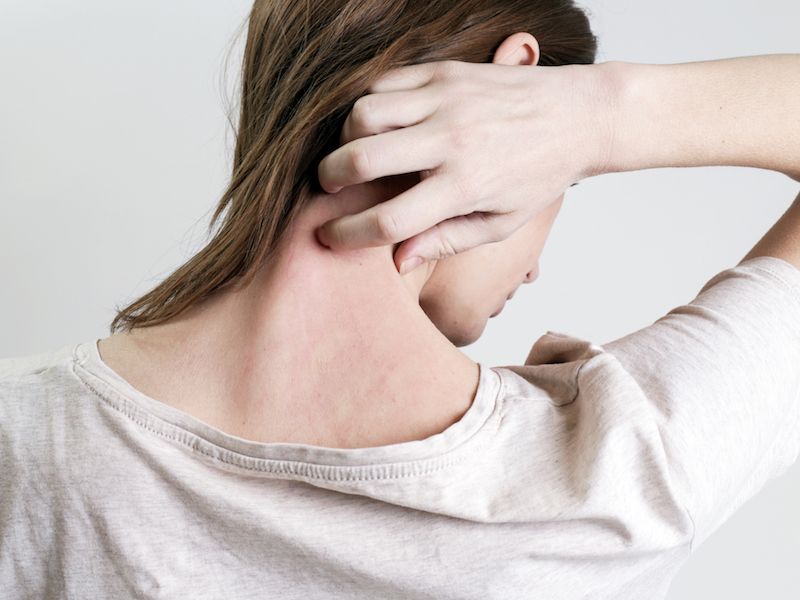When you think about psoriasis, you probably think about all those commercials depicted people with skin problems. Psoriasis is more than skin problems and truly affects your general health. Psoriasis is often misunderstood and minimized, due to a lack of knowledge of how psoriasis impacts sufferers as well as the serious conditions that can be related to this disorder. Though plaques on the skin are its most apparent indicator, they’re indicative of what psoriasis can do in the whole body: The risk of metabolic disorders that are increased by chronic inflammation and cardiovascular disease.
New research enhances the body of research linking another serious issue to psoriasis: Hearing loss. Published in The Journal of Rheumatology, this study evaluated connections between psoriatic arthritis, mental health, and hearing impairment. Psoriatic arthritis is a type of psoriasis where inflammation is centered around the joints, causing pain, difficulty with movement, and swelling. Affected individuals might also have psoriasis, but with psoriatic arthritis, it’s possible to have irritation without also experiencing the tell-tale plaques.
In the same way as with rheumatoid arthritis (and similar to psoriasis), psoriatic arthritis is an autoimmune illness, the sufferer’s body is essentially targeting its own healthy cells. But psoriatic arthritis varies from rheumatoid arthritis in that it’s often asymmetrical (so you could have it in one knee but not the other), and that besides joints, it often targets sufferer’s nails (resulting in painfully swollen toes and fingers) and eyes.
Based on the findings of this recent study, swelling caused by psoriatic arthritis may also affect hearing. The study contrasted the self-reported hearing loss of people who have psoriatic arthritis, people who suffer from psoriasis but not psoriatic arthritis, and a big control group of people with neither condition. They found that hearing loss was more likely to be documented by the group that had psoriasis, and audiometric testing backed up the self-reports. Even when other risk considerations are taken into account, psoriatic arthritis sufferers were significantly more prone to suffer from loss of hearing than either {psoriasis sufferers or the control group}.
But that’s not to say there’s no connection between psoriasis, psoriatic arthritis and loss of hearing. A 2015 study discovered that there is a significantly higher risk, for people who have psoriasis, of developing sudden sensorineural hearing loss, otherwise known as sudden deafness. With sudden sensorineural hearing loss, people’s ability to hear decreases considerably in three days or less. It has several possible causes, but experts hypothesize that people who have psoriasis are at higher risk because of the type of fast inflammation that happens during a flare-up of psoriasis symptoms. If this takes place in or near the cochlea, it could impair hearing. In many instances, treatments that alleviate psoriasis symptoms may be used to deal with this type of hearing loss, but hearing aids are often recommended when other interventions don’t seem to be helping.
If you suffer from psoriatic arthritis or psoriasis, it’s worthwhile to observe your hearing. Plan regular hearing tests along with your annual health-care checkups. The inflammation due to these diseases can lead to damage of the inner ear, which can lead to loss of hearing as well as troubles with balance. There are also connections between psoriatic arthritis and psoriasis, depression and anxiety, which can both exacerbate loss of hearing. Other health issues, including dementia, can be the outcome if you don’t detect hearing loss early.
With early treatment, you can keep in front of the symptoms by having your hearing tested periodically and working with your doctor, comprehension is key. You shouldn’t have to compromise your standard of living for psoriasis or for hearing loss, and all the difference is having the correct team on your side.
